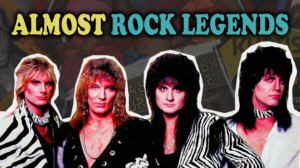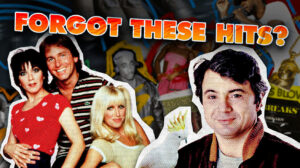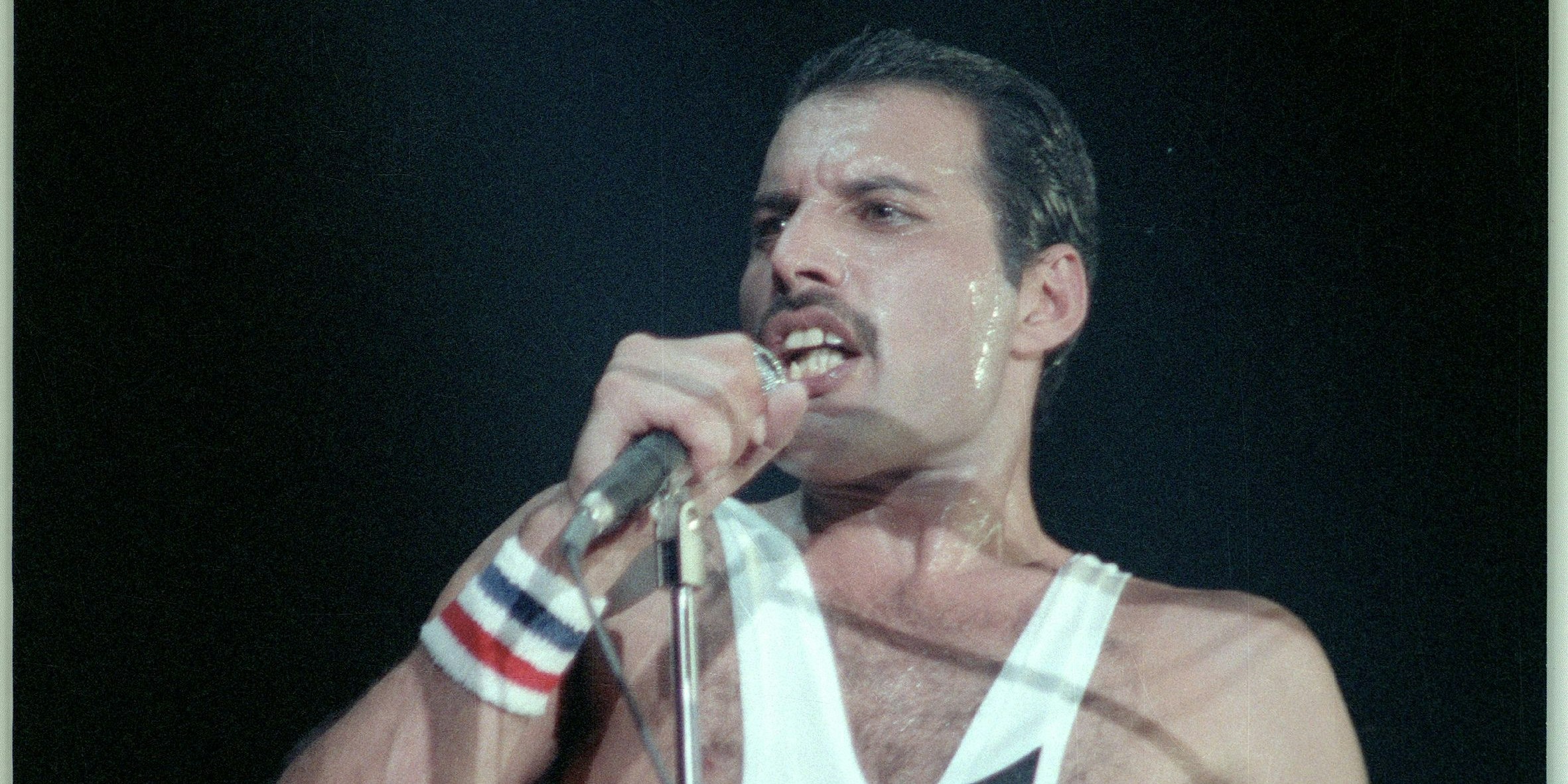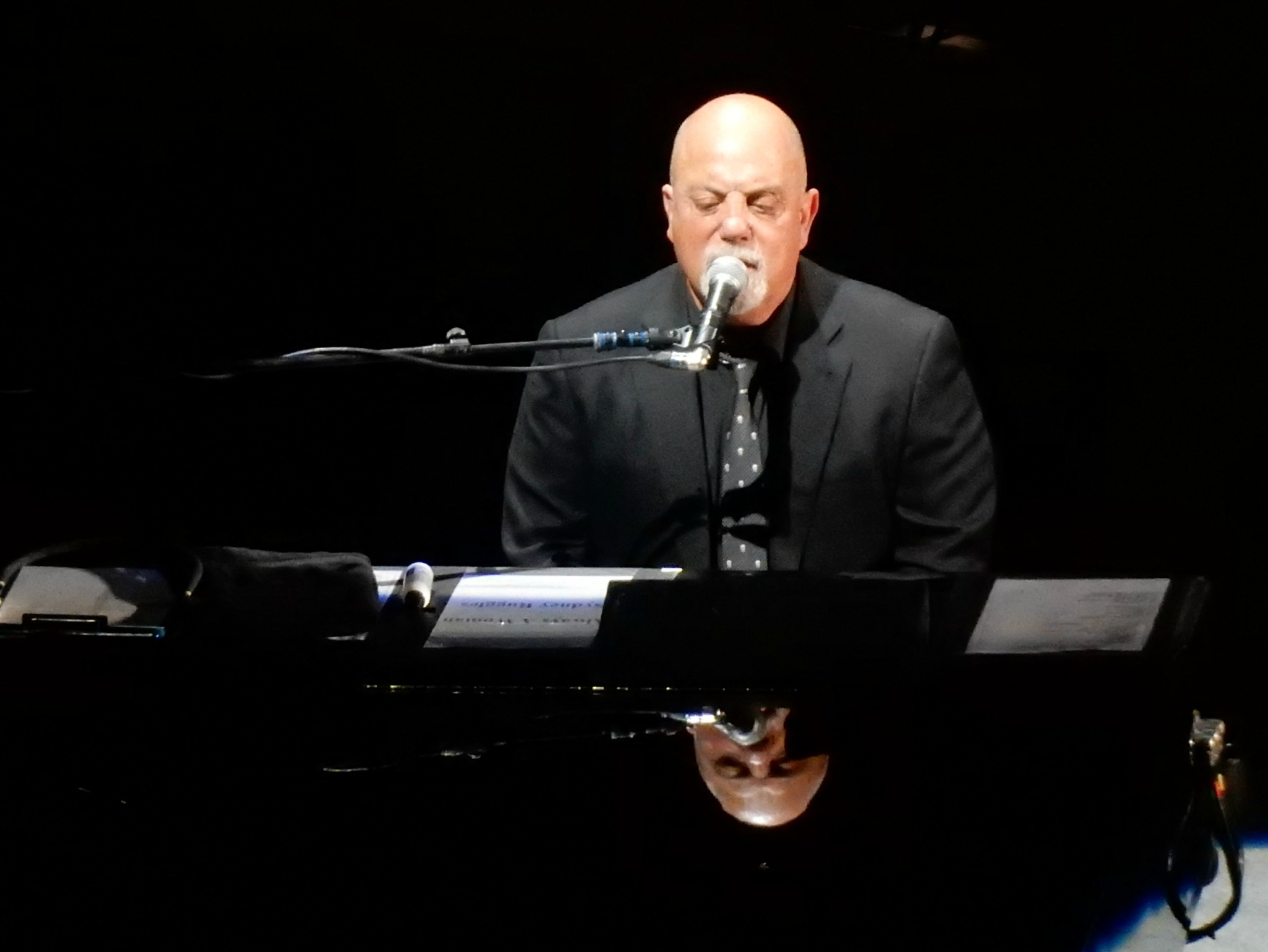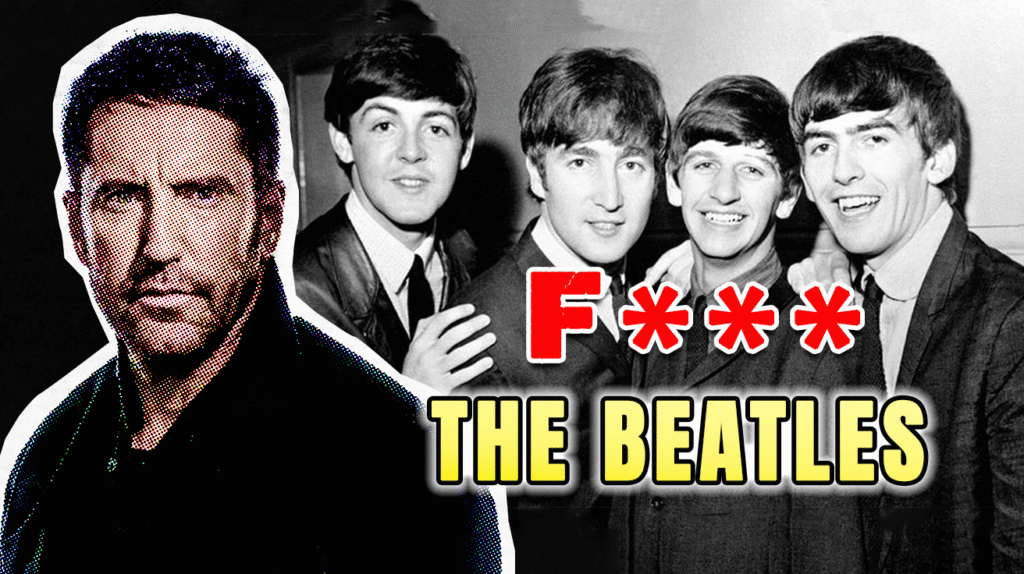
Not everyone worships The Beatles. Despite their legendary status, several prominent musicians have publicly criticized the Fab Four. These musical rebels offer perspectives that make you question what you’ve always accepted as gospel.
Their critiques reveal how musical taste works like trying to explain why one pizza topping is objectively better than another—it’s impossible. (And anyone who claims pineapple doesn’t belong on pizza probably hasn’t tried it with the right complementary ingredients.) Musical taste remains one of the few truly subjective experiences that even the most respected critics can’t definitively settle.
5. Trent Reznor
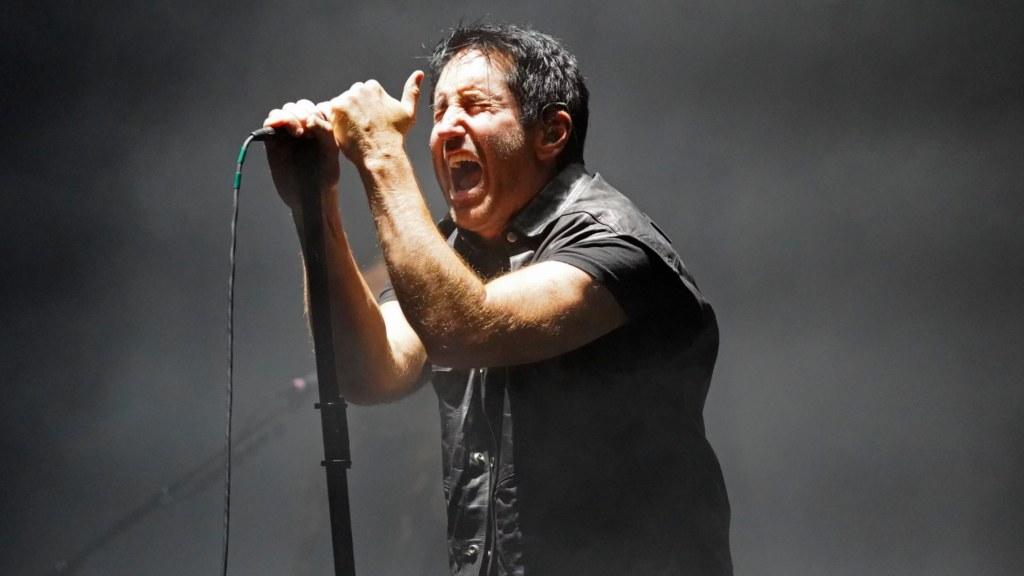
Tired of nostalgic Beatles worship? Nine Inch Nails’ Trent Reznor offered a refreshing antidote with his blunt rejection of musical reverence. His bold opinions sparked both admiration and controversy throughout his career.
In a 1994 Plazm Magazine interview, Reznor didn’t mince words. “F*** The Beatles, I hated people who were always going on about the f*****’ Beatles. They’re dead. They’re ugly now. Get them out of my sight.” Talk about dropping a truth bomb at the family dinner table. When faced with youthful rebellion against established icons, remember Reznor’s journey from Beatles-basher to reluctant admirer—tastes evolve when given time. His evolving perspective resonates with fans who value nonconformity, much like those who champion underrated British bands over the mainstream ones.
4. Julian Casablancas

The Strokes’ raw, unpolished sound emerged precisely because Julian Casablancas avoided Beatles influence, demonstrating how musical innovation often requires breaking from tradition. “I have that maybe advantage that I didn’t like or listen to the Beatles,” he remarked in 2018. This choice put Casablancas on an alternative musical path.
Bands like the Velvet Underground guided his raw, unpolished aesthetic instead. His views highlight how musical DNA can develop perfectly fine without the supposed “essential nutrients” everyone swears you need. Struggling to find your authentic musical voice? Casablancas demonstrated that skipping the “required classics” might actually free your creativity rather than limit it.
3. Lou Reed

| License
When asked about The Beatles during a 1987 PBS interview, Lou Reed didn’t hesitate to drop a musical bombshell that shocked viewers accustomed to universal praise. He dismissed The Beatles during the televised interview with zero hesitation.
“No, no, I never liked the Beatles. I thought they were rubbish,” Reed asserted bluntly. He believed his band operated on a different level entirely. Reed claimed, “The other stuff couldn’t come up to our ankles… the level we were on, compared to everyone else.”
A backstage witness from 1992 reported that when someone mentioned The Beatles, Reed rolled his eyes and muttered, “Still talking about those guys?” His attitude toward Beatles worship resembled how cats respond to enthusiastic dog owners—complete indifference mixed with mild disdain. Reed’s unflinching honesty about his musical preferences created space for artists to forge paths without obligatory reverence, ultimately enriching the musical landscape. And like some of music’s most infamous tracks, it also reflected that brutal opinions often revealed deeper creative convictions.
2. Michael Stipe

Even one of alternative rock’s most respected voices couldn’t connect with The Beatles, proving that musical genius doesn’t universally translate across generations. Though never a fan, Michael Stipe acknowledges their musical contributions.
In a Pitchfork interview, Stipe stated, “I’m not really a Beatles fan, though… It’s not something I’m personally drawn to.” His remarks strike a balance. You can respect cooking expertise without wanting that particular dish.
This perspective speaks to generational shifts in musical influence. Artists from different eras naturally gravitate toward different sounds and approaches. If you’ve ever felt out of step with popular opinion about a beloved band, Stipe’s respectful distance offers the perfect template for acknowledging greatness without personal investment.
1. Quincy Jones
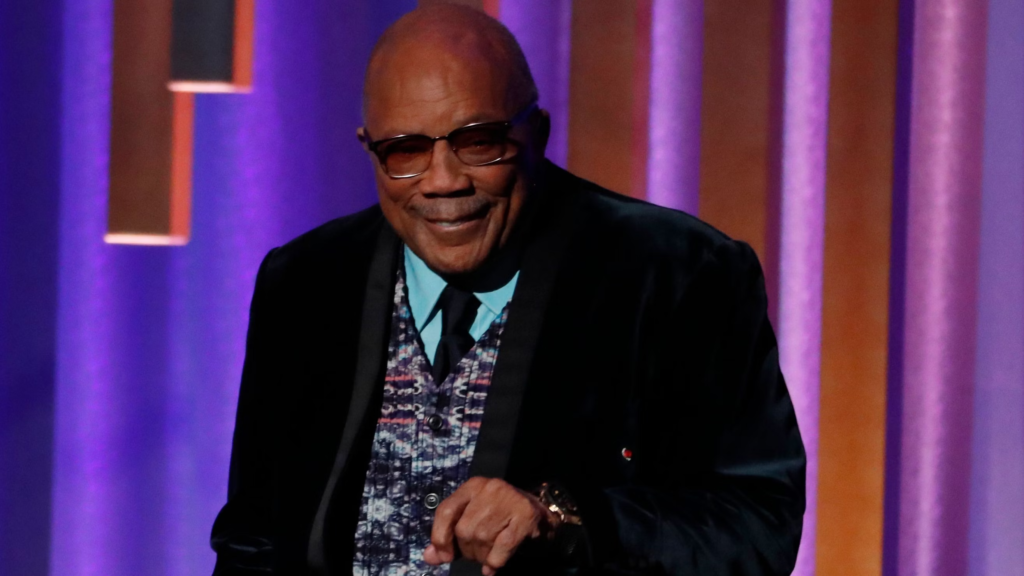
If you’re impressed by technical musicianship, Quincy Jones’ assessment of The Beatles might reshape your understanding of what makes a band truly great. His remarks in a 2018 New York Magazine interview shocked many fans.
Jones stated without reservation, “They were the worst musicians in the world. Paul was the worst bass player I ever heard.” These words came from someone with extraordinarily high standards. For context, this is like Gordon Ramsay critiquing your grilled cheese sandwich—brutal but from a place of expertise.
Despite later clarifications, the initial reaction revealed Jones’ exacting expectations for musicianship. His perspective highlights how technical proficiency represents just one measure of artistic value. Technical proficiency and cultural impact operate on entirely separate spectrums, challenging us to reconsider what truly matters in musical legacy.





